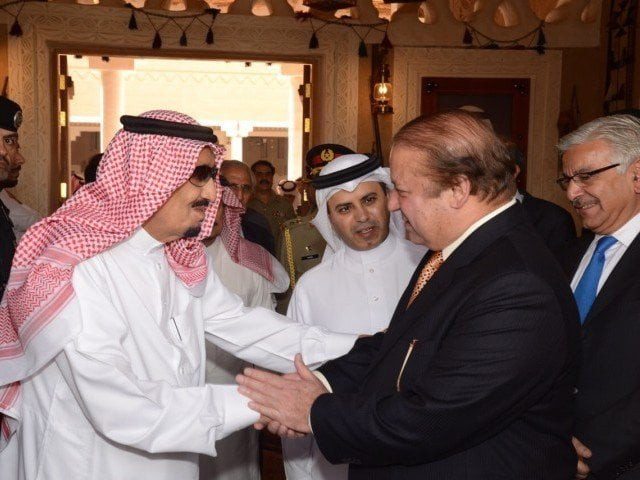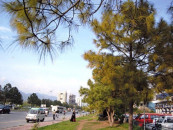National unity required to respond to Middle Eastern crisis
Speakers urge govt to take parliament, all stakeholders into confidence before crafting a response

Speakers urge govt to take parliament, all stakeholders into confidence before crafting a response. PHOTO: HANDOUT
The suggestion was made by speakers during a seminar on the ‘changing power dynamics in the context of the prevailing situation in the Middle East’, which was held at the Sustainable Development Policy Institute (SDPI) on Monday.
Russian hackers 'planted false story' behind Middle East crisis
Former senator and analyst Afrasiab Khattak presented a historical background of the conflict in the Middle East. He added that there was a fear that Pakistan, by offering to mediate, could push itself into a quagmire by once again becoming a frontline state as it associates itself with one party in the conflict.
Khattak stressed that Pakistan must maintain its neutrality in this situation and should focus on exploring a way out of the crisis while applying diplomacy. He warned against becoming a part of the conflict since it could have serious implications for Pakistan, especially in Balochistan where the situation was already precarious and may result in the ‘internationalisation’ of the issue.
The former senator said that the government had marginalised itself by marginalising the parliament, hence he urged the government to bring the issue in the parliament to find a broader national consensus over its response to the Middle Eastern crises.
Senior defence and political analyst Imtiaz Gul said that Pakistan cannot remain unaffected if Iran is involved in any conflict. Similarly, annoying Arab countries in this situation would also contribute directly to the massive unemployment of millions of Pakistanis who were working in different Gulf countries. He suggested that the situation required a well-thought-out national response by consulting all stakeholders.
Trump calls Qatar emir as efforts build to end crisis
Earlier, SDPI’s Research and Coordination Unit head Shakeel Ahmad Ramay presented a detailed outlook of the crises in the Middle East and said that now it had become obvious that the roots of conflict were not of sectarian nature but entailed geopolitical interests of the various players involved in the conflict.
Published in The Express Tribune, June 13th, 2017.



















COMMENTS
Comments are moderated and generally will be posted if they are on-topic and not abusive.
For more information, please see our Comments FAQ